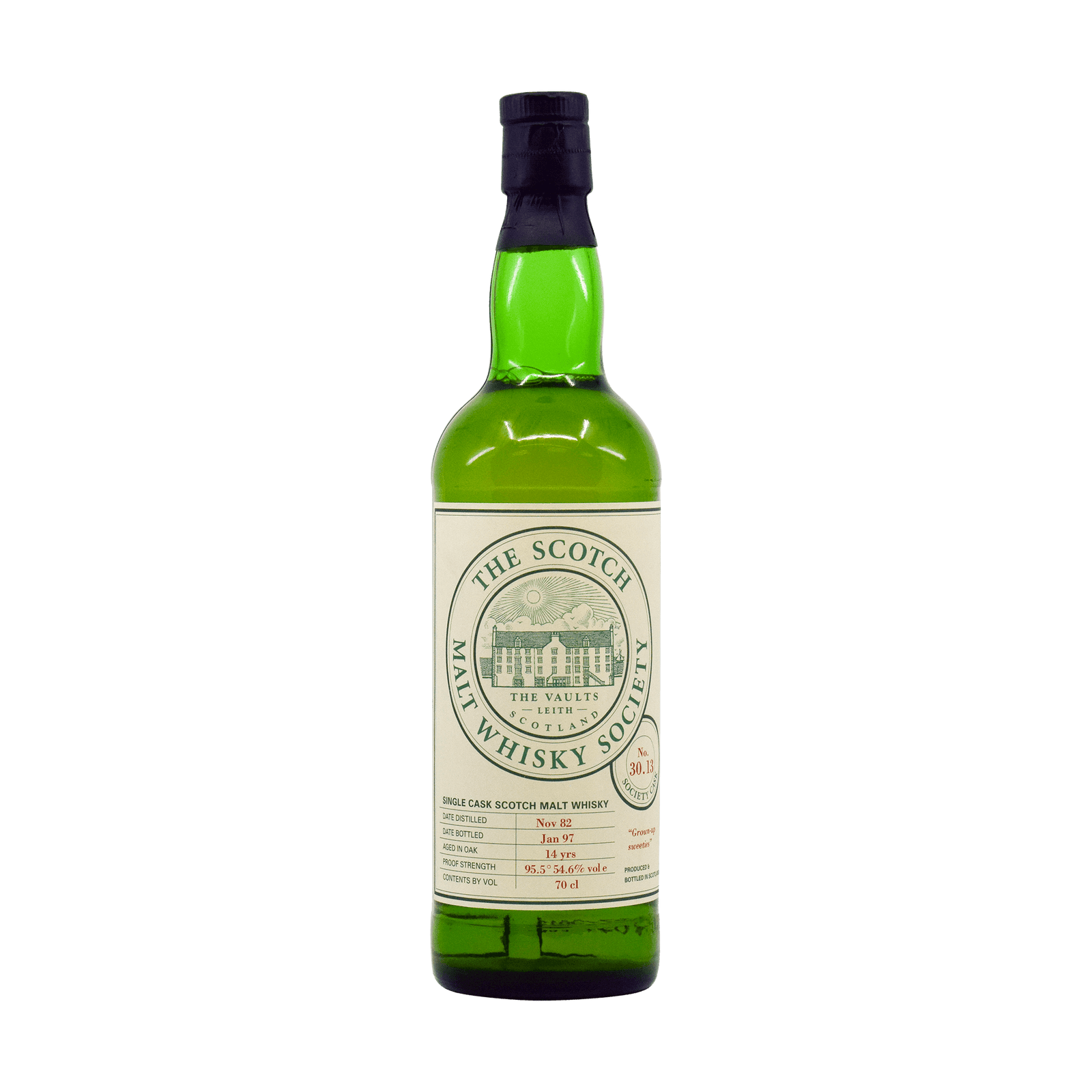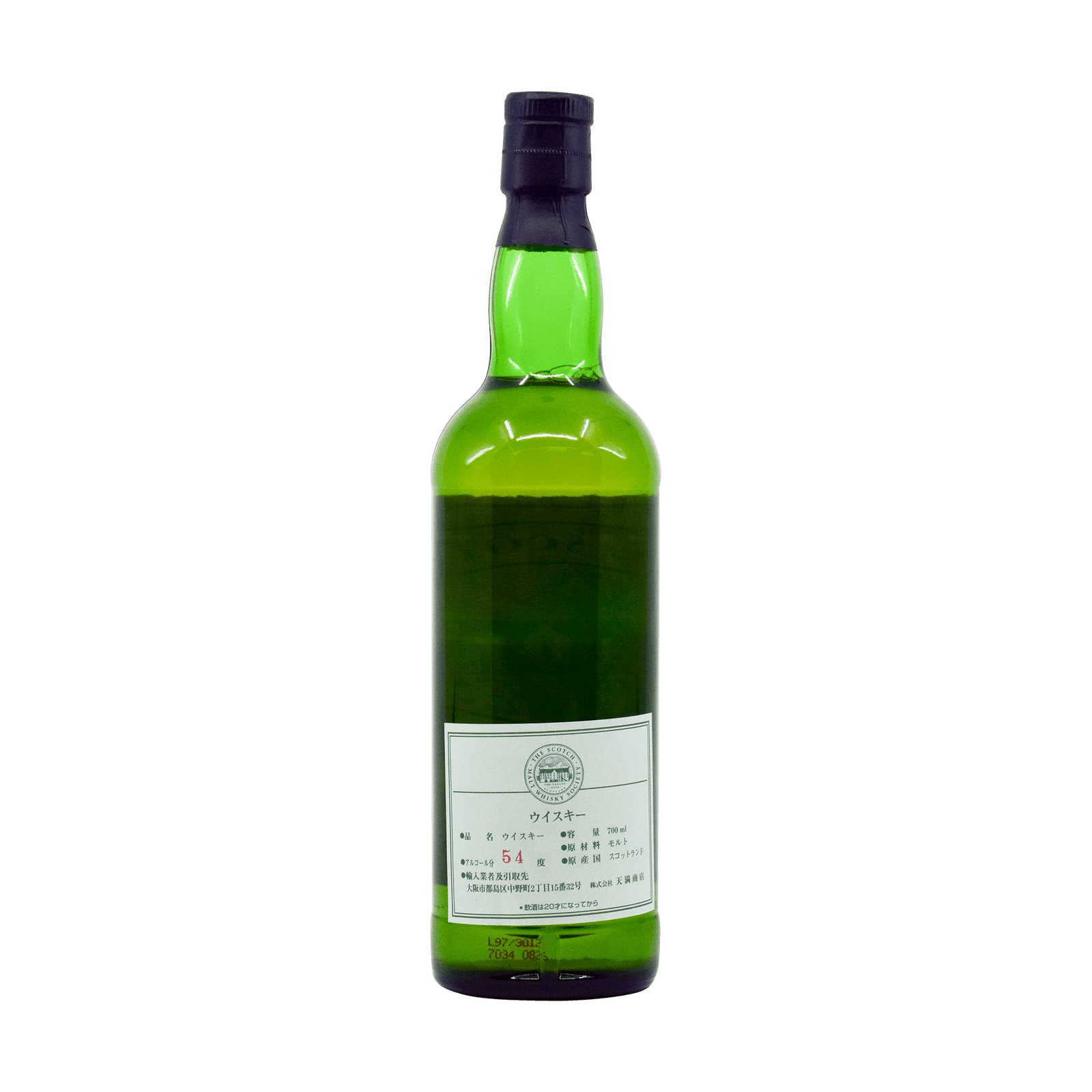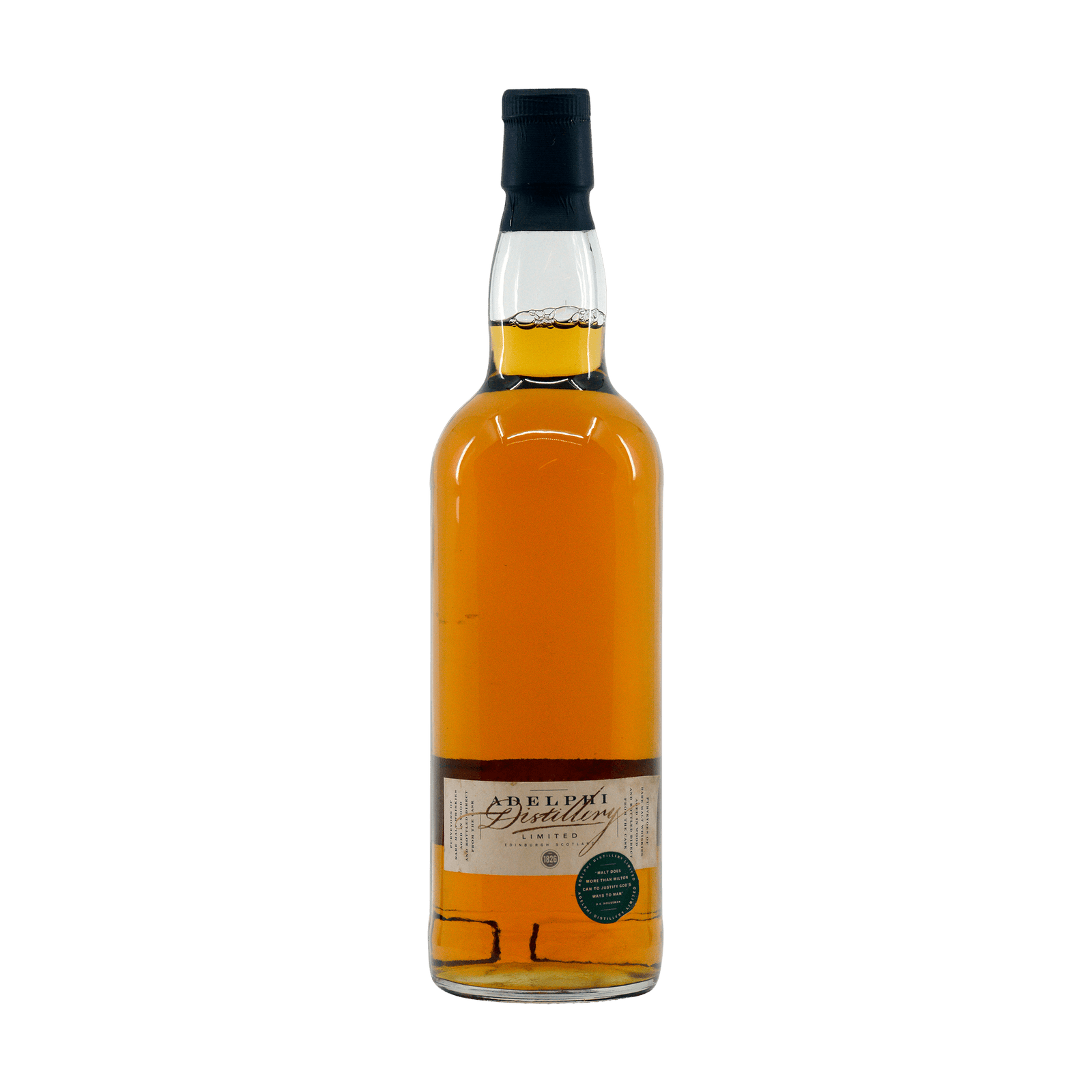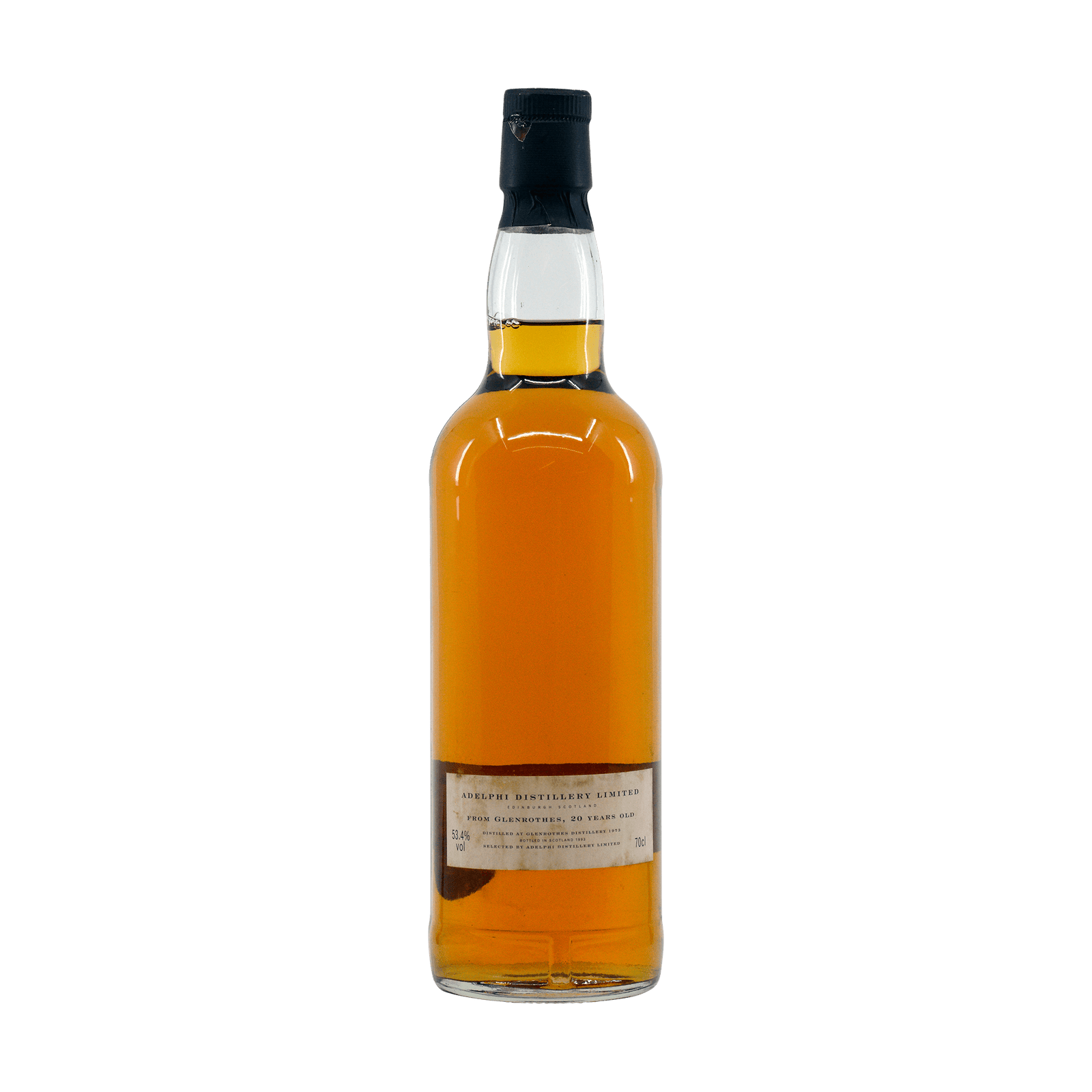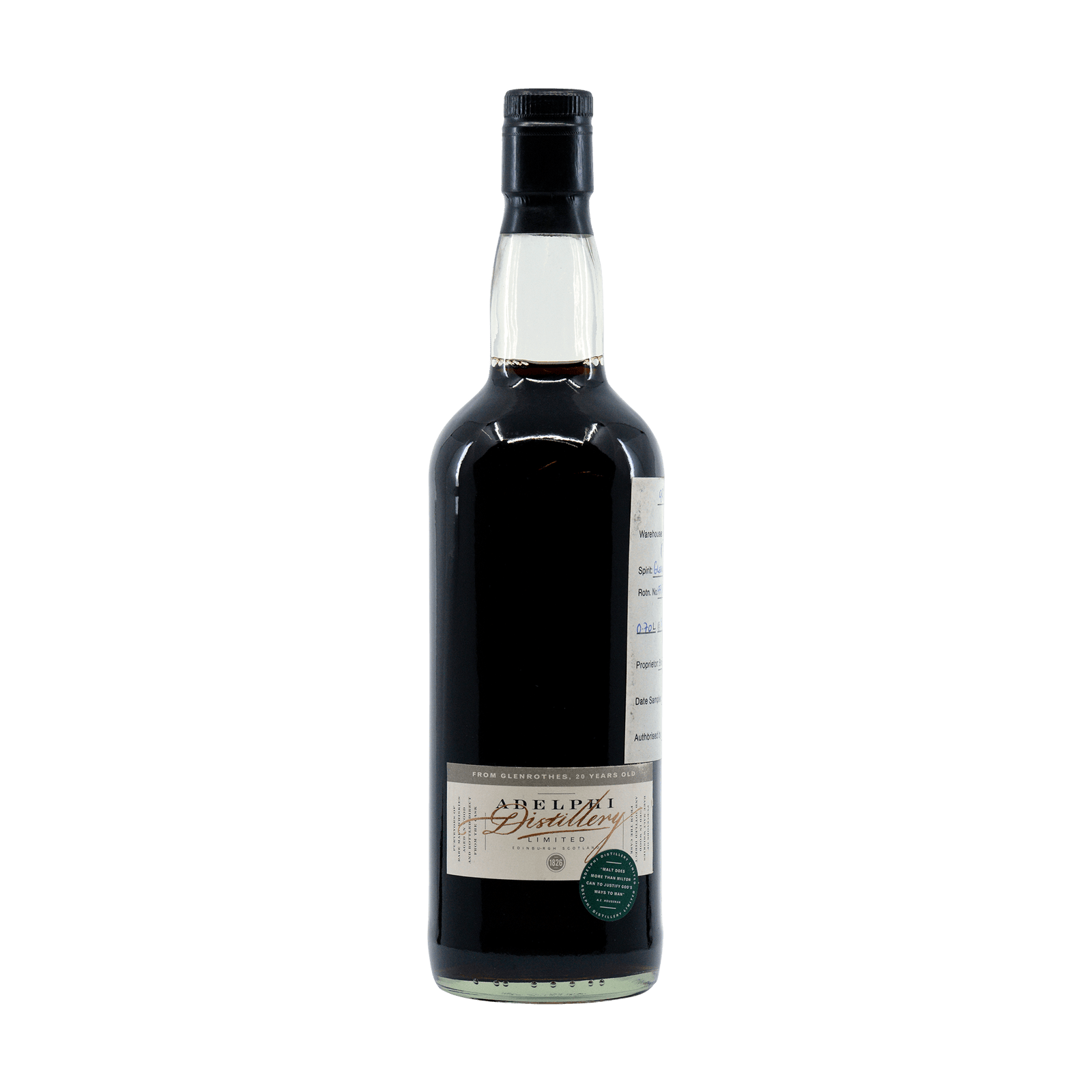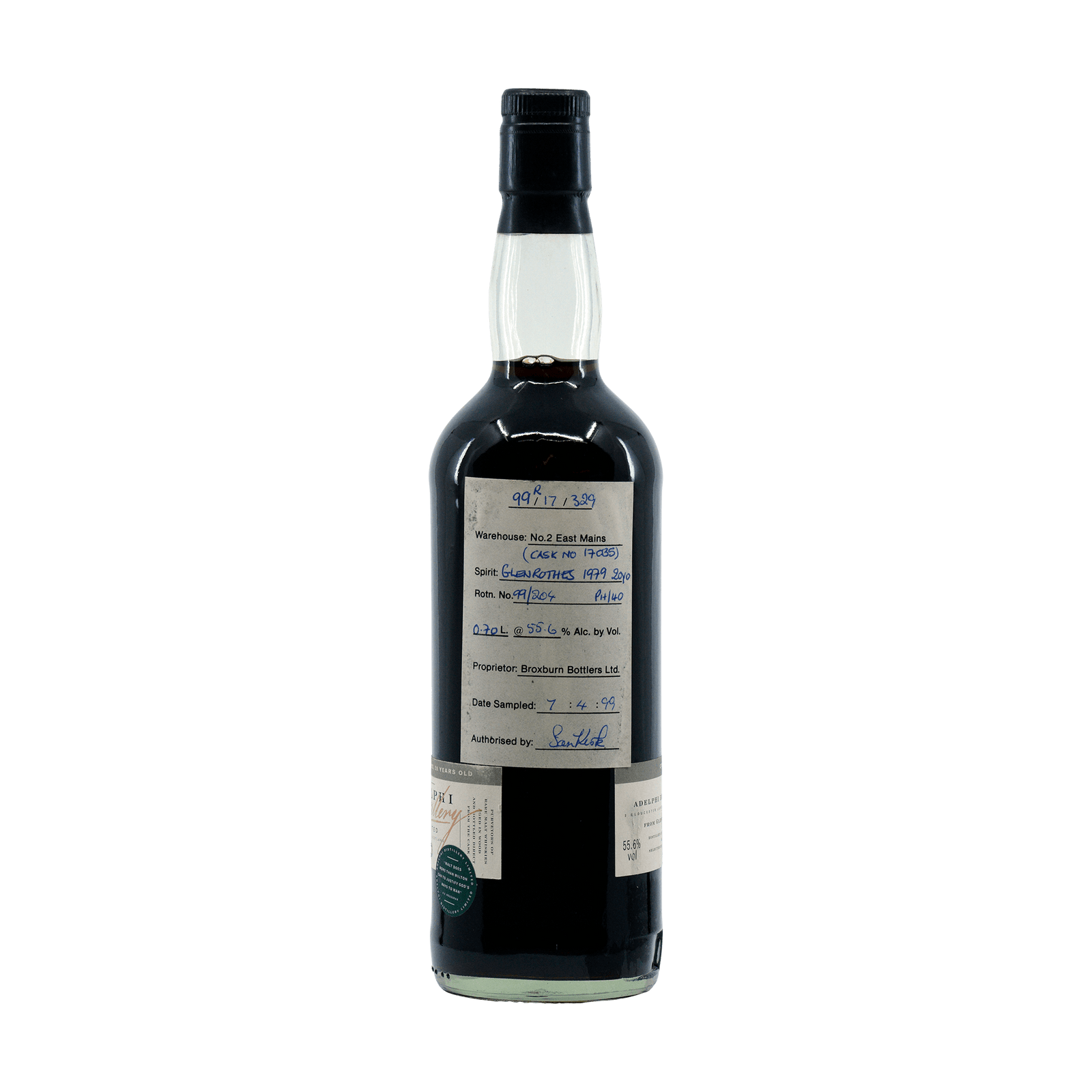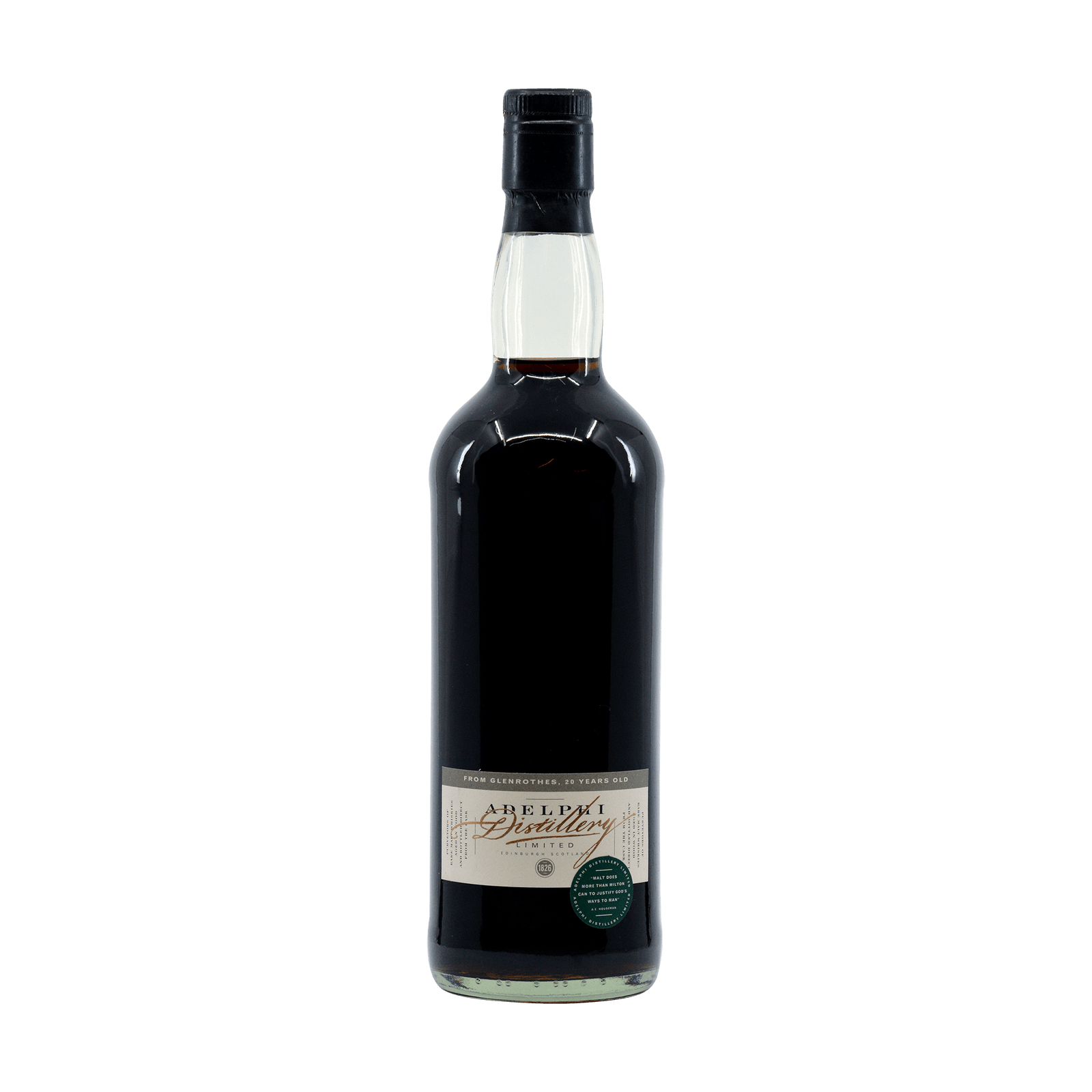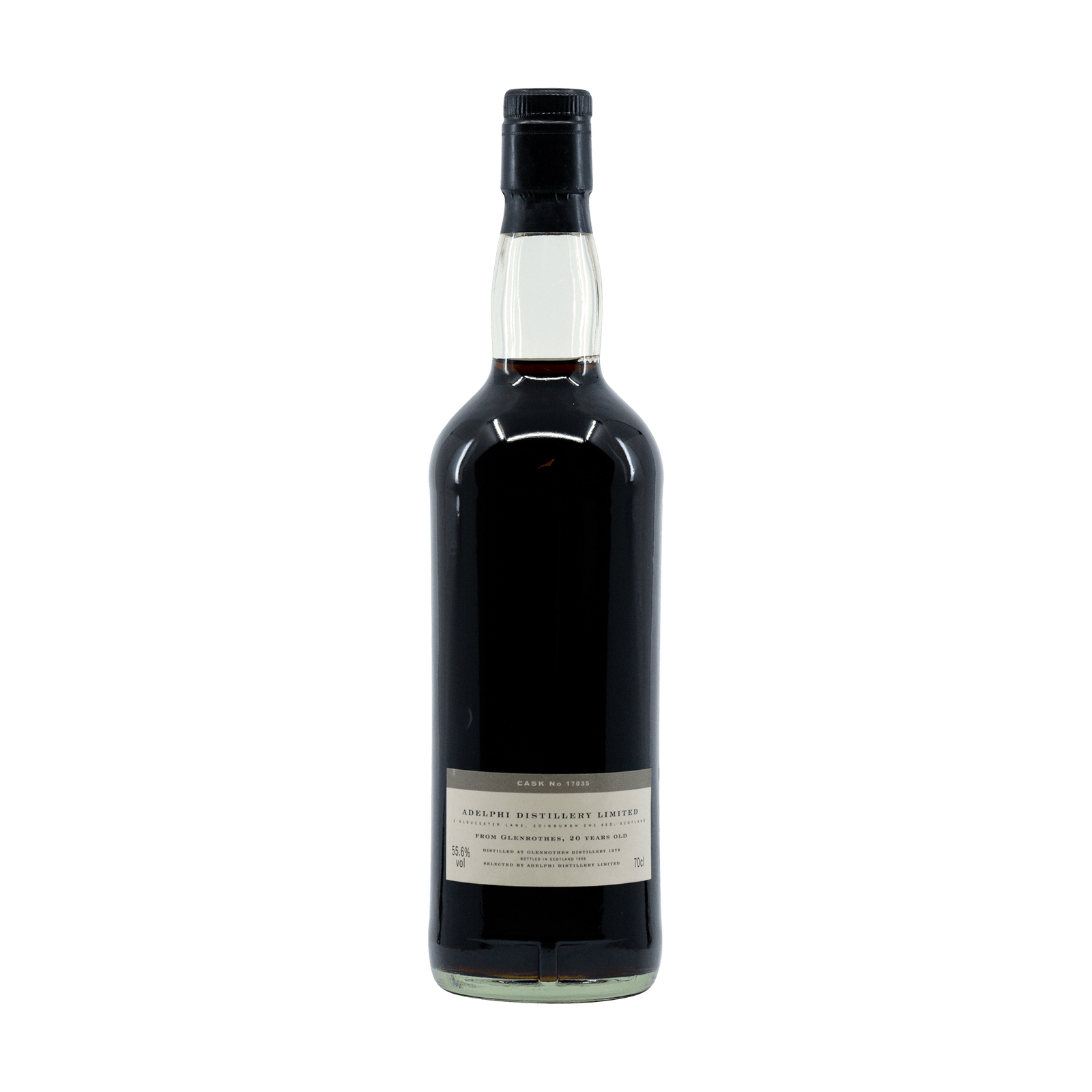SCOTCH WHISKY
- ABERFELDY
- ARRAN
- BALBLAIR
- BEN NEVIS
- BEN WYVIS
- BLAIR ATHOL
- BRORA
- CLYNELISH
- CROFTENGEA
- DALMORE
- DALWHINNIE
- GLEN MHOR
- GLEN ORD
- GLENDRONACH
- GLENESK
- GLENGOYNE
- GLENLOCHY
- GLENMORANGIE
- GLENTURRET
- HIGHLAND PARK
- ISLE OF JURA
- LEDAIG
- NORTH PORT
- OBAN
- OLD RHOSDHU
- PULTENEY
- SCAPA
- TALISKER
- TEANINICH
- TOMATIN
- TULLIBARDINE
- ABERLOUR
- ALLT A BHAINNE
- AN CNOC
- ARDMORE
- AUCHROISK
- AULTMORE
- BALMENACH
- BALVENIE
- BANFF
- BENRIACH
- BENRINNES
- BENROMACH
- BRAEVAL
- CAPERDONICH
- COLEBURN
- CONVALMORE
- CRAGGANMORE
- CRAIGELLACHIE
- DAILUAINE
- DALLAS DHU
- DUFFTOWN
- GLEN AVON
- GLEN ELGIN
- GLEN GRANT
- GLEN KEITH
- GLEN MHOR
- GLEN MORAY
- GLEN SPEY
- GLENBURGIE
- GLENDULLAN
- GLENFARCLAS
- GLENFIDDICH
- GLENLIVET
- GLENLOSSIE
- GLENROTHES
- GLENTAUCHERS
- IMPERIAL
- INCHGOWER
- KININVIE
- KNOCKANDO
- KNOCKDHU
- LINDORES ABBEY
- LINKWOOD
- LOCHSIDE
- LONGMORN
- MACALLAN
- MACDUFF
- MACPHAIL'S
- MANNOCHMORE
- MILTONDUFF
- MORTLACH
- MOSSTOWIE
- NORTH BRITISH
- PITTYVAICH
- ROYAL BRACKLA
- SPEYSIDE
- STRATHISLA
- STRATHMILL
- TAMDHU
- TAMNAVULIN
- TOMINTOUL
- ABERFELDY
- ARRAN
- BALBLAIR
- BEN NEVIS
- BEN WYVIS
- BLAIR ATHOL
- BRORA
- CLYNELISH
- CROFTENGEA
- DALMORE
- DALWHINNIE
- GLEN MHOR
- GLEN ORD
- GLENDRONACH
- GLENESK
- GLENGOYNE
- GLENLOCHY
- GLENMORANGIE
- GLENTURRET
- HIGHLAND PARK
- ISLE OF JURA
- LEDAIG
- NORTH PORT
- OBAN
- OLD RHOSDHU
- PULTENEY
- SCAPA
- TALISKER
- TEANINICH
- TOMATIN
- TULLIBARDINE
- ABERLOUR
- ALLT A BHAINNE
- AN CNOC
- ARDMORE
- AUCHROISK
- AULTMORE
- BALMENACH
- BALVENIE
- BANFF
- BENRIACH
- BENRINNES
- BENROMACH
- BRAEVAL
- CAPERDONICH
- COLEBURN
- CONVALMORE
- CRAGGANMORE
- CRAIGELLACHIE
- DAILUAINE
- DALLAS DHU
- DUFFTOWN
- GLEN AVON
- GLEN ELGIN
- GLEN GRANT
- GLEN KEITH
- GLEN MHOR
- GLEN MORAY
- GLEN SPEY
- GLENBURGIE
- GLENDULLAN
- GLENFARCLAS
- GLENFIDDICH
- GLENLIVET
- GLENLOSSIE
- GLENROTHES
- GLENTAUCHERS
- IMPERIAL
- INCHGOWER
- KININVIE
- KNOCKANDO
- KNOCKDHU
- LINDORES ABBEY
- LINKWOOD
- LOCHSIDE
- LONGMORN
- MACALLAN
- MACDUFF
- MACPHAIL'S
- MANNOCHMORE
- MILTONDUFF
- MORTLACH
- MOSSTOWIE
- NORTH BRITISH
- PITTYVAICH
- ROYAL BRACKLA
- SPEYSIDE
- STRATHISLA
- STRATHMILL
- TAMDHU
- TAMNAVULIN
- TOMINTOUL

The Glenrothes
The Glenrothes distillery is quite substantial; its ten stills have a capacity of over 5.6 million litres annually. The distillery runs at 90% of this and stores the maturing single malt whisky in the sixteen onsite warehouses. Despite this, Glenrothes preserves a rather artisan identity and have shied away from producing a traditional range. Perhaps it is down to current licensees, Berry Brothers and Rudd, the famed London wine merchants. Glenrothes single malt whiskies are offered as a range of vintages.
The ties with Berry Bros run deep, for during the 1920s they released Cutty Sark, the number one top-selling blended Scotch in America, in which Glenrothes is a major component. The Glenrothes distillery was founded in 1878 by James Stuart and Co. The group had licensed Macallan a decade prior. James Stuart, a principle of the group, left to focus his efforts on the Macallan distillery and three remaining members of the syndicate; William Grant, Robert Dick and John Cruickshank, formed William Grant and Co. Production commenced in 1879.
In 1887, William Grant and Co merged with Islay Distillery Co to form Highland Distillers Company. This included the Glenrothes distillery, as well as the Northern Ìleach distillery, Bunnahabhain. The capacity was increased with the addition of further stills in 1898. A year prior to this, the distillery had suffered a devastating conflagration.
In 1922, Glenrothes experienced another disastrous fire; the No 1 bonded warehouse was destroyed and with it, 2,500 casks of Scotch whisky was set ablaze. During the latter part of the 20th century the Glenrothes distillery was gradually extended until the final two stills were installed in 1989. The official range is good and there have been several independent releases to boot.


